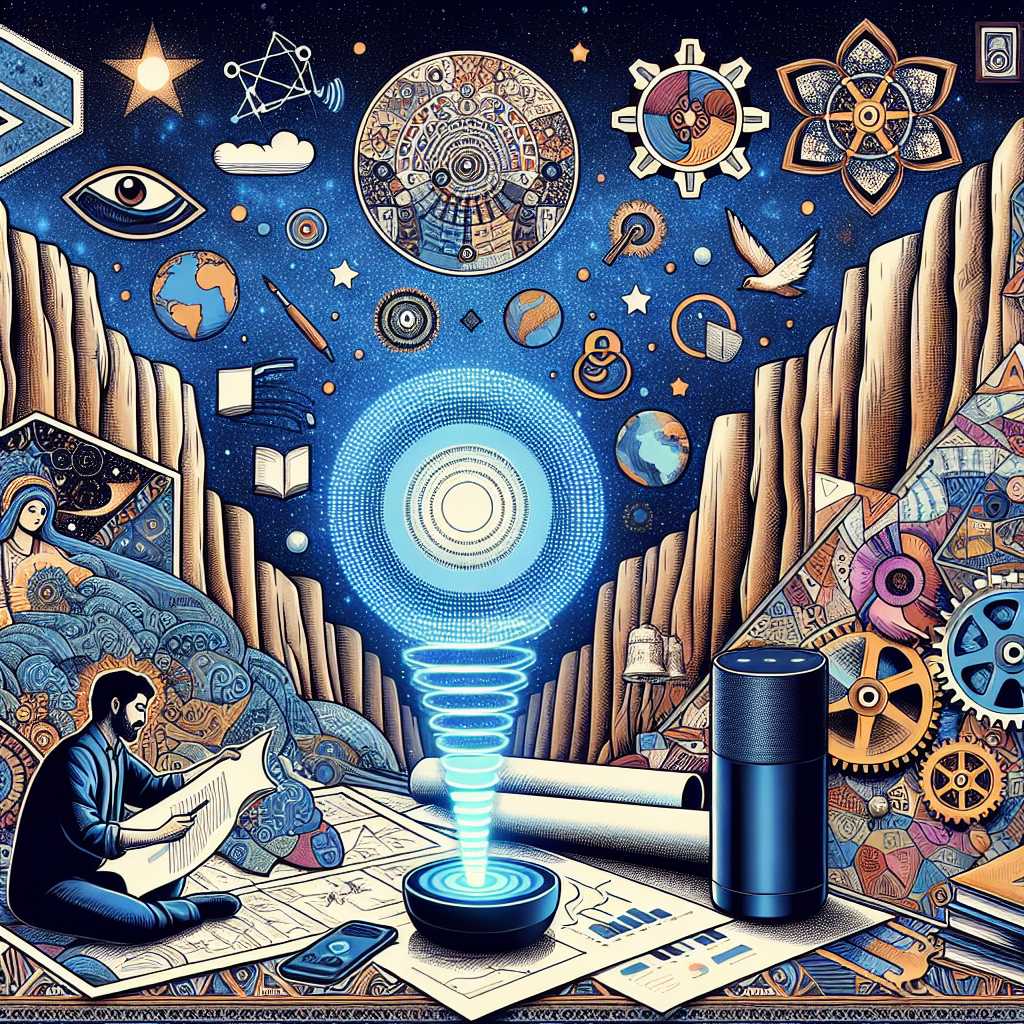The Multifaceted Concept of Echo Across Various Domains
In any discussion of the word “echo,” it’s important to recognize its versatility, as it touches on topics ranging from natural phenomena to technology and cultural expressions. An echo can both literally resound through a canyon and metaphorically through time in the form of lingering cultural impacts. This article seeks to explore the multifaceted concept of echo in its various interpretations and applications.
Echo: The Natural Phenomenon
The most straightforward definition of an echo pertains to sound waves. An echo is the reflection of sound that arrives at the listener with a delay after the direct sound. This occurs when an original noise meets a barrier or surface that doesn’t absorb the sound but instead sends it back towards its source.
Acoustic studies show that for an echo to be perceived distinctly, there must be a minimum delay of approximately 0.1 seconds between the original sound and its reflection. That’s because this gap exceeds the time frame in which the human brain fuses sounds into a single auditory impression.
This natural phenomenon is not only of interest to scientists. It has also inspired myriad myths, folktales, and works of art. In ancient Greek mythology, Echo was a nymph cursed only to repeat the last words spoken to her, her own story echoing through centuries as an allegory about sound and communication.
Echoes in Cognitive Science and Psychology
In cognitive science, the concept of an “echo” extends beyond audio phenomena into what is often referred to as echolalia, which manifests as the immediate repetition of words or phrases. It’s sometimes observed in neurodevelopmental disorders such as autism spectrum disorder and Tourette syndrome. Echolalia can serve various communicative and regulatory functions within these conditions.
Psychologists have also explored the metaphorical echoes of experiences and memories. Known as the ‘echo effect,’ it’s observed in psychological imprints left by events or interpersonal interactions that may influence behaviors and thought patterns long after the event itself has transpired.
Echo in Technological Innovations
When technologists speak about echoes, one cannot help but think of radar and sonar systems which rely on echo detection principle. Radar systems, for instance, emit radio waves that reflect off objects in their path and return to a receiver, thereby determining objects’ location and velocity.
Furthermore, commercial products like Amazon’s Echo device have brought echoes into the smart home domain. As a voice-controlled smart speaker that responds to the name “Alexa,” it can play music, set alarms, provide news updates, and even control other smart devices home—all triggered by the echo of a human voice throughout a room.
Cultural Echoes: History, Literature, and Art
Cultural echoes refer to the way ideas, themes, or motifs reappear throughout history. Notably, past literature and artistic styles continue to influence modern works—presenting themselves as cultural reverberations.
Movements such as Renaissance humanism echoed classical antiquity ideals by reaffirming human central figures in art and scholarship. Similarly, even local customs or traditions kept alive within communities could be seen as societal echoes of their ancestors’ ways of life.
Economic Echoes: Aftereffects in Financial Markets
On an economic level, ‘echo’ terms can apply to ramifications that continue to impact financial markets following significant events or policy decisions. For instance, an ‘echo bubble’ might form when market prices begin to reinflate after a significant financial bubble burst — often driven by policies aiming to stabilize economies in such events.
Acoustic Spaces Designed for Echoes
Architects and acoustic engineers design theaters, concert halls and public speaking venues with direct attention to controlling sound reflections. They aim at creating spaces where desirable echoes enhance sound quality while reducing those causing auditory confusion or disorientation.
The Significance of Echoes in Spirituality
In spiritual contexts across various cultures reflect on how an echo can symbolize elements of continuity or reflection—mirroring one’s actions into the universe and considering them reflected back in the form of karmic consequences.
Vocal Echo Effects in Music Production
Echo in music production can shape audio significantly. From simple delay effects to complex reverbs—echo manipulates space and time in sound recording artfully. This technique alters listener perception crafting depth within musical scores meant for entertainment or artistic expression.
The Role of Echo in Language Development
Linguistically, repetition plays a fundamental role in learning languages—both first and native languages. Echoic behavior introduces structures and vocabulary which, through mimicking, help reinforce language acquisition outcomes.
